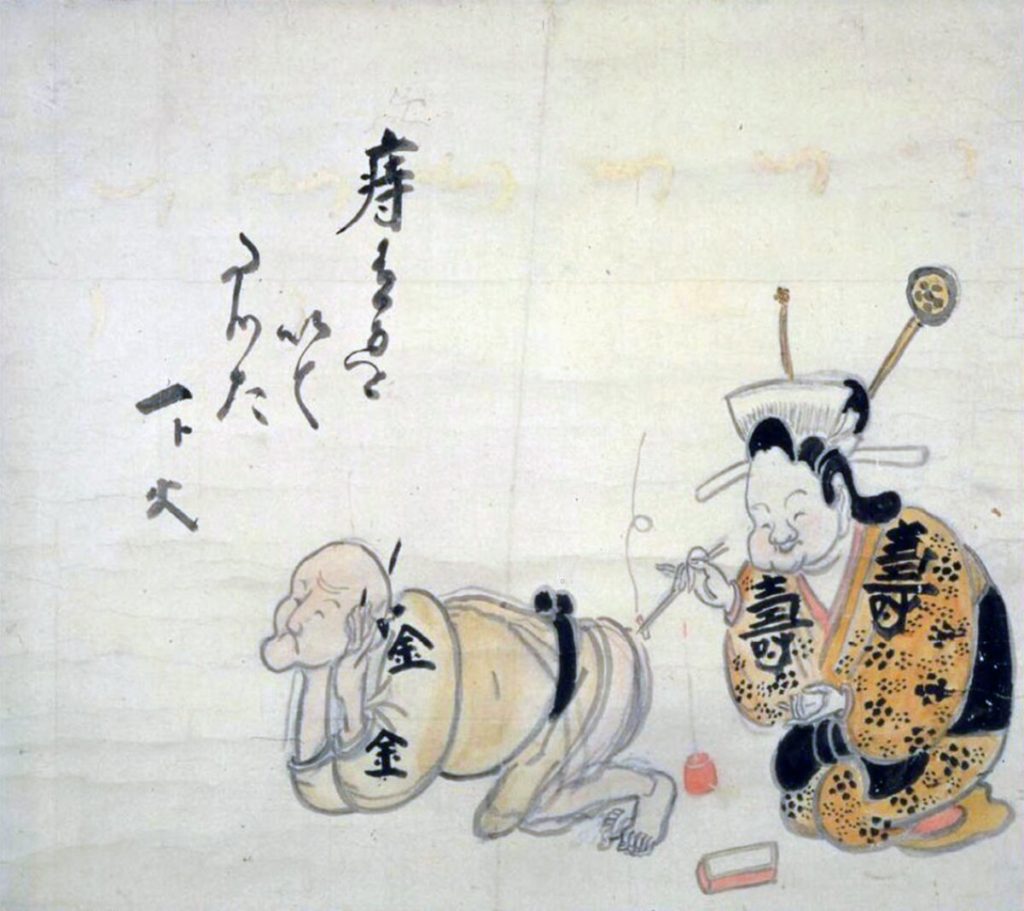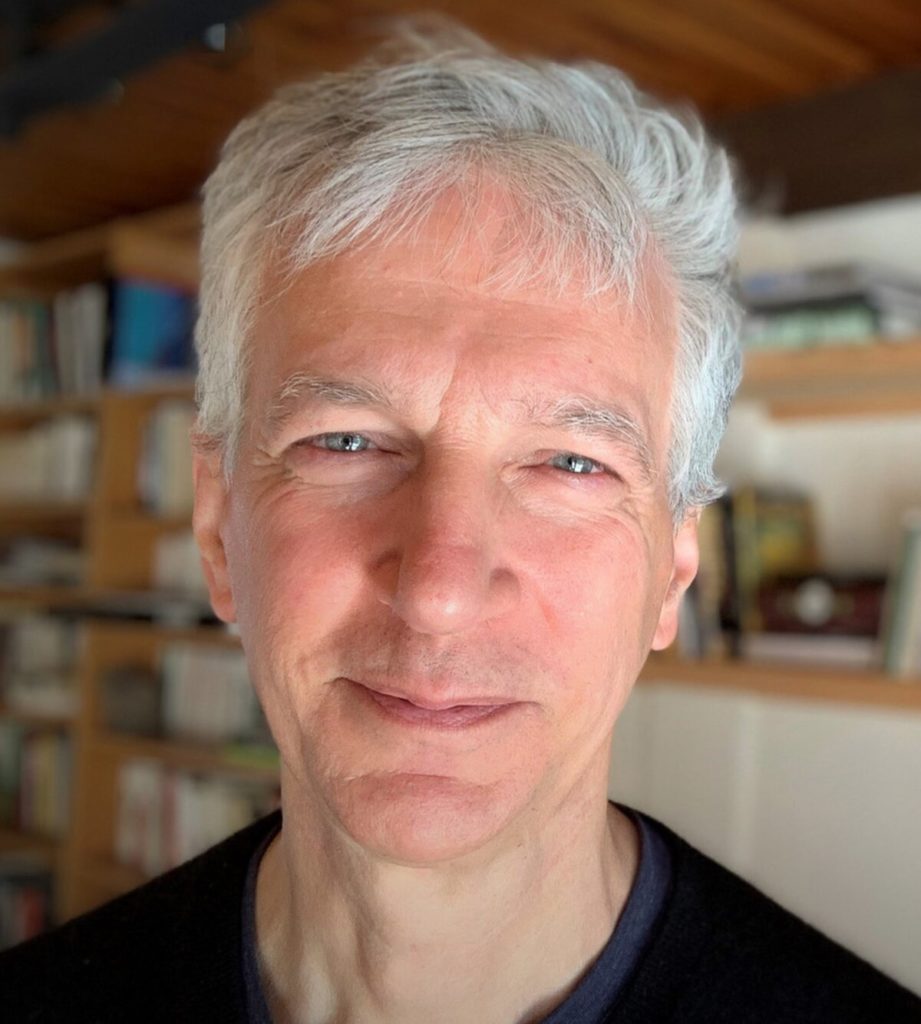I tend to look suspiciously at ancient texts and their practices. I am, you see, quite modern. Two stunning proofs: I recently bought an electric toothbrush and I am now totally adjusted to our local newspaper no longer being delivered in paper format. I also have very modern fears: viral Armageddon, planetary demise, misgendering people. I used to be hot for nuclear holocaust, ozone-layer holes, and linguistic extinction. Novel fears and desires have replaced old ones.
But I do enjoy conversing with my buddies like Seneca, Bodhidharma, Montaigne, Hume, or Annie Ernaux. They come more naturally to me as reading companions than do the authors of high-minded spiritual texts. I relish reading about the meandering of human companions and their conflict-ridden narratives. I easily identify with their travails and neuroses.
My suspiciousness toward old spiritual sources likely stems from my constant temptation to use them in ways that were never meant to be: as a spiritual gamebook for 2023 living. Furthermore, when reading such spiritual texts, I notice a learned tendency (or is it temperamental?) to look for wrapped-up formulas, catchy aphorisms, fortune cookie one-liners, ultimate translations, not to mention unequivocal pointers to truth.
Hence lies the paradox: the clearer and more reductive the so-called spiritual message, the less useful it becomes. Alternatively, the more obscure the formulation—enigmatic verses, koans, allusive poetry, etc.—the more maddeningly unclear is the truth. Checkmate. The escape route does not feel too comfortable either: navigating without any roadmap, guidepost or elevated teacher with distinct ecclesiastical insignia (special wink; black clothes; fancy website). Where should I turn? Whom should I trust? And as the literature on cognitive biases suggest, how do I remain vigilant to mind’s machinations?
Radically divergent propositions have been made to go beyond the double bind of endlessly deferring to the “right” spiritual message or that of inventing one’s private religion. Iconoclastic teachers recommended burning all sutra books. The illustrious Zen master Hakuin (18th CE) brought himself down one notch by representing himself having his hemorrhoids cauterized. Other teachers encouraged students to completely unite with their guru. Others tackle the matter from the exegetical perspective by using the best historical and semantic tools available—not unlike looking at the MRI of a Stradivarius and imagining the sound. Yet others slam the door on every type of spiritual teaching offered on the market, turning their religious yearning toward other fields, sometimes in the spirit of triumphant secularism, sometimes in celebration of secular humanism. Last but not least, my wife et compagnie have a different calling: they do not care much about all this; they simply do what they have to do. (She warns that this is not a recipe for success either.) But no matter what “strategy” one uses, there is often a sense of “something missing,” a sense of some inner contradiction not fully expressing itself, a fear that one is missing out on a subtle spiritual joke.
Maybe spiritual riddles—or sacred texts, whatever you call them—are like getting intimately acquainted with dragonflies. Pinning them on cardboard kills them. Even walking around with a butterfly net kills them or risks killing our playful spirit around them. One could even argue that just having a butterfly net in one’s online shopping basket risks killing them. That is, unless there is a hole in the net. As one is looking for transcendental meaning, one loses the form. And if one gets bogged down in form, one loses the essence. As my first Zen teacher would have said: this may well put some breadcrumbs in your bedsheets. So how does one catch a dragonfly with a pierced butterfly net? Swoosh!


Martin St-André is a perinatal and infant psychiatrist at Université de Montréal. He is a Zen teacher.
The author acknowledges the generous editorial support of Kathleen Knipp and the helpful comments of Dre Andréanne Élie.
6 Responses
Your sense of humour is stunning yet profound. Will read again and again.
Dancing in the sky, a dragonfly went to rest on a monk’s head with a wink of the eye
“Oh my goodness. This was the perfect read for me. … I just had to let you know how important your message to me is!!!”
This was the response from a dear friend to whom I sent this compelling essay. I echo her in saying to both Martin and Kathleen “I just want you to know how important this message is to me, personally, and to seekers of all stripes.” Yes, Swoosh!
Wonderful. I always come back to Lao Tsu: The Tao that can be told is not the eternal Tao. ?
Wonderful! Life as a Paradox
As one is looking for transcendental meaning, one loses the form. And if one gets bogged down in form, one loses the essence.
As one who cringes at placing spiritual masters on podiums, the imagery in the drawing and in the piece land well. You bring the balancing act to life Martin!